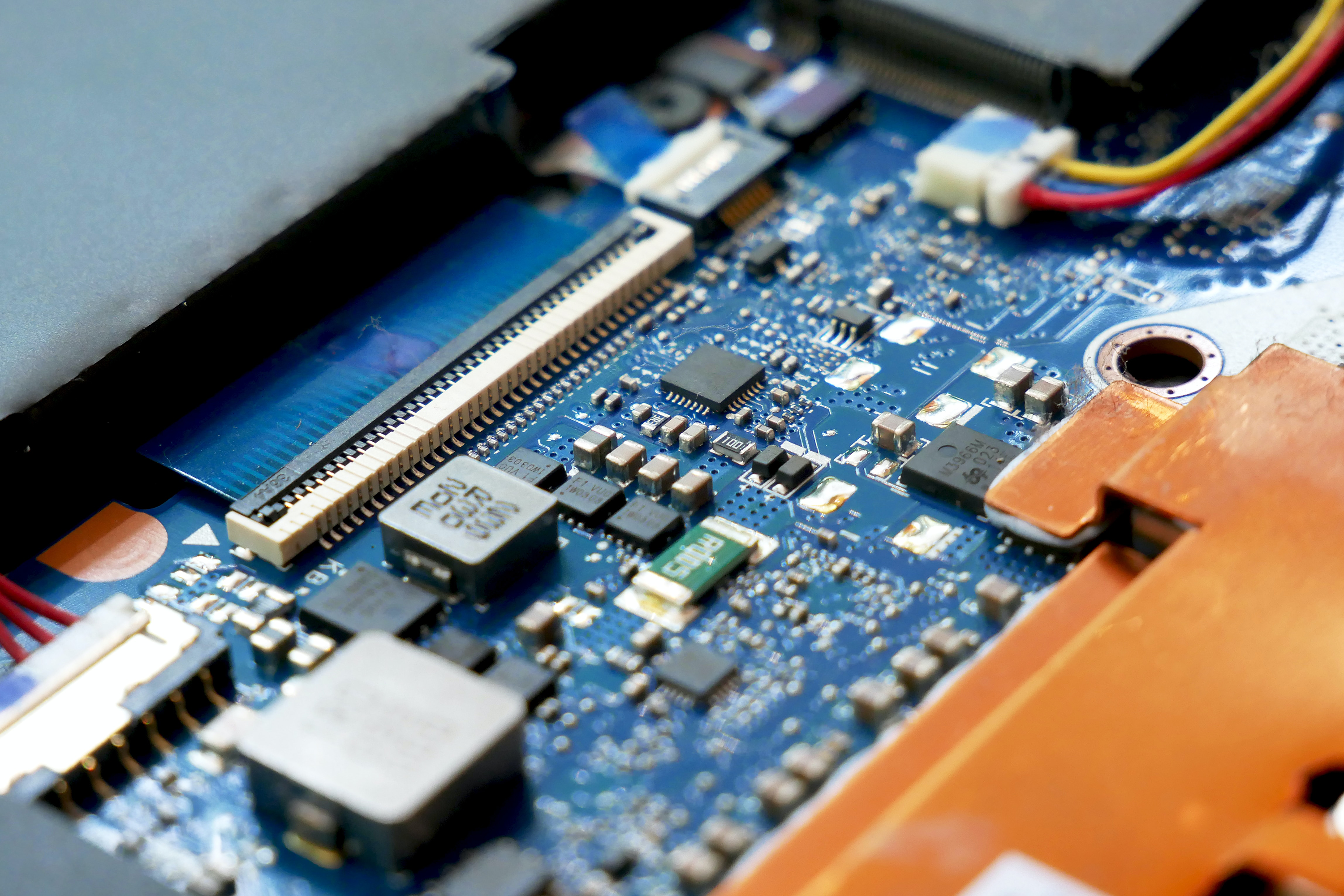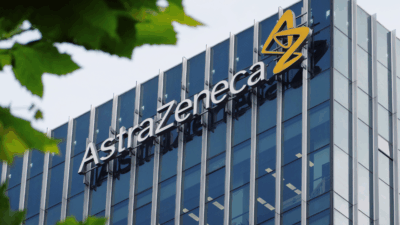
Sign up for smart news, insights, and analysis on the biggest financial stories of the day.
The US tech industry has big plans to make more computer chips domestically, but it’s hitting a key obstacle: a lack of trained workers.
Some Asia-based chipmakers are turning to importing labor to their US plants from overseas to boost production — and that’s ruffling feathers with domestic workers.
Chipping away at a national shortage
Taiwan Semiconductor Manufacturing Co said this week it needs to bring in up to 500 workers from its home country as a “temporary” measure while it gets two semiconductor chip factories in Phoenix up and running. But The Wall Street Journal reported Thursday the move riled local labor activists, who say the company “showed a lack of respect for American workers.” The Arizona Building and Construction Trades Council, which represents 14 trade unions and about 30% of the workers at the Phoenix site, urged Washington to halt the project until American labor was guaranteed.
TSMC invested $40 billion in the Phoenix plants. It expects to file for up to $15 billion in tax credits under the $53 billion CHIPS Act, the Biden administration’s attempt at outrunning China’s lead on the semiconductor industry. But that goal isn’t attainable if the US can’t produce enough engineers ready to take the jobs that foreign companies could import. In July, the Semiconductor Industry Association and Oxford Economics published a study that found that the US faces a “significant shortage” of skilled labor able to meet the demand for chips that’s expected to skyrocket well into 2030:
- The US needs to grow its workforce by nearly 115,000 jobs by the end of the decade to meet semiconductor production goals. But 67,000 of those jobs might go unfilled, and 41% of those unfilled jobs will be engineers.
- Last week, President Biden signed an executive order banning some US investments in China, including semiconductors and certain AI systems.
Codependent no more: TSMC provides almost all of the most advanced semiconductor chips in the US. It’s argued that the high costs of manufacturing here, combined with the CHIPS Act’s recent restrictions on expansion of its plants in China, is making it harder to do business. But Biden’s perspective may be that you can’t reform a codependent relationship with a controversial ally without setting some boundaries.











